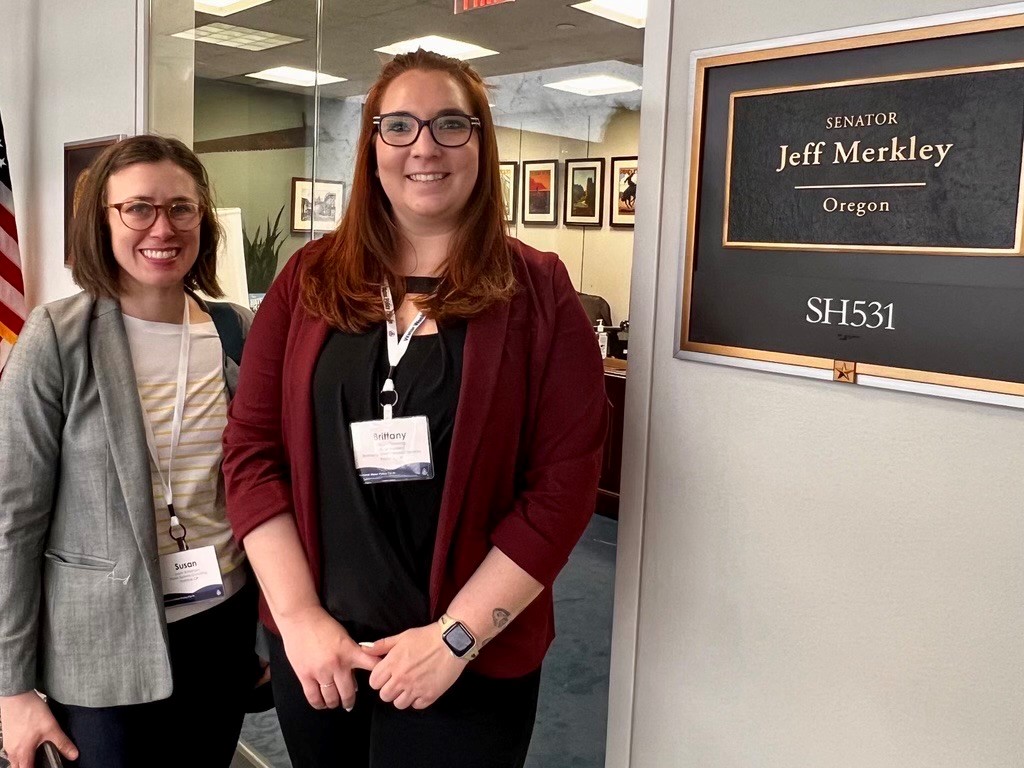Federal
- EPA has proposed a draft analytical method for measuring 6PPD-quinone in stormwater and surface waters. Many of you may be following the increasing regulatory attention to 6PPDq – a chemical additive in rubber tires to help extend a tire's life and use. These chemicals have been in use for more than 50 years and have been found to be very toxic to salmon and trout species as well as other aquatic life.
- EPA released a revised draft MS4 NPDES stormwater permit for Joint Base Lewis-McChord in Washington for public comment. The 2024 draft permit proposes6PPD-q monitoring requirements using draft method 1634 related to both wet weather discharges and surface water. The comment period is open until June 27, 2024.
- On May 28, 2024, the U.S. Supreme Court granted cert in San Francisco v. EPA. The case calls for the U.S. Supreme Court to resolve a critical question—whether the Clean Water Act allows EPA (and authorized states) to imposed generic prohibitions against violating water quality standards in National Pollutant Discharge Elimination System (NPDES) permits.


